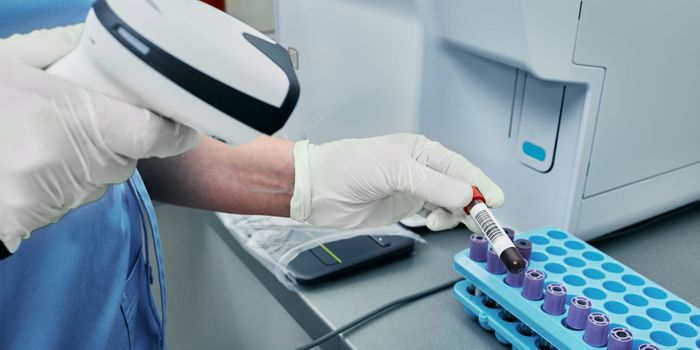A New Way to Test Drugs and the Immune System
Before new drugs are tested in humans, researchers have to ensure that they are both effective and safe. Animal models of disease can often provide this level of testing, but animal tests are not always conclusive concerning potential negative side effects. From the Massachusetts Institute of Technology, researchers developed the “physiome on a chip” as a new way to test drugs.
This new technology has the potential to evaluate experimental drugs by growing tissues from different organs in the body. The new “physiome on a chip” is designed to mimic the way the organs in the human body interact, especially when it comes to drugs. In theory, a researcher could use this system to deliver a drug to its intended tissue and watch as it moves to other tissue types and it metabolized.
Antibody drugs and other immunotherapies are difficult to test in animals, and drugs that are successful in animal trials often fail in human trials. This new technology could improve the drug development process, allowing vital drugs to make it to the market faster.
"Some of these effects are really hard to predict from animal models because the situations that lead to them are idiosyncratic," explained senior author Linda Griffith. "With our chip, you can distribute a drug and then look for the effects on other tissues and measure the exposure and how it is metabolized."
Differences between individual people with the same condition also impact how successful a drug will be. Genetics, environmental factors, lifestyle, other drugs they are taking can influence how the drug will affect them, and the new system could take these factors into account and predict any adverse effects.
"A lot of the time you don't see problems with a drug, particularly something that might be widely prescribed, until it goes on the market," Griffith said.
“Physiome on a chip” provides a unique way to grow tissues from different organs simultaneously, mimicking the functions of human organs to test the effects of drugs in different scenarios. The way the system is designed allows researchers to controls the flow of liquid between samples, mirroring the way blood, immune cells, and proteins flow in the bloodstream through the human body.
Researchers have designed several versions of the “physiome on a chip,” including tissues from liver, lung, gut, endometrium, brain, heart, pancreas, kidney, skin, and skeletal muscles.
The present study was published in the journal Scientific Reports.









